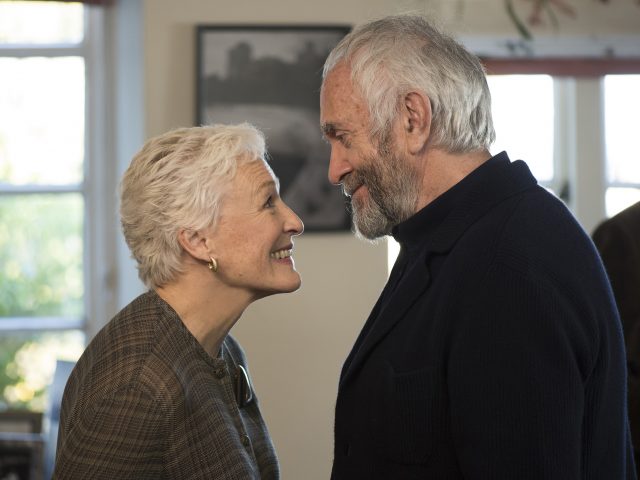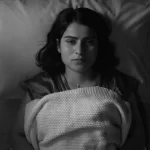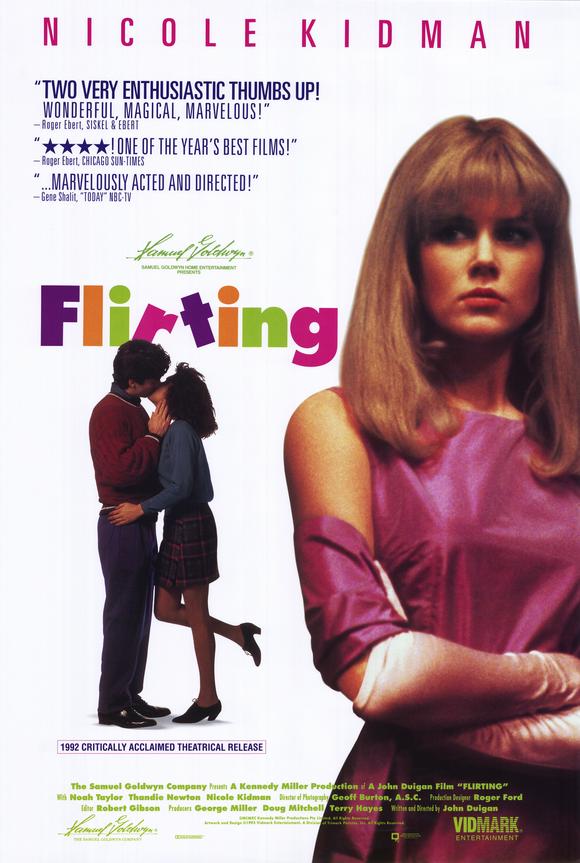The Wife: Listen Up Joe, by David Bax
Christian Slater, known for bad boy and wild card roles, plays a surprisingly convincing intellectual slimeball in Bjorn Runge’s The Wife. On the other hand, Max Irons, son of Jeremy, is a particularly unconvincing schlub; under the bad haircut and ill-fitting clothes, he’s still tall and dashing. But none of that matters much in the end. The Wife belongs almost completely to two actors: Jonathan Pryce as a respected American author (not as bitter as the one he played in 2014’s Listen Up Philip but with his own set of insecurities nonetheless), and most of all Glenn Close, who wields the title of the title in new ways, including a few you won’t see coming.
Joe Castleman (Pryce) has just learned he is to receive the Nobel Prize in Literature. Along with his wife Joan (Close) and son David (Irons), he travels to Stockholm to receive the honor. There, a lifetime of tensions and secrets between Joe and Joan finally come to a boil, somewhat aided by the presence of Nathaniel Bone (Christian Slater), an opportunistic writer with plans to write a salacious, unauthorized biography of Joe.
There are two more actors I’ve unfairly left out, actually. In a series of flashbacks, we see how Joan and Joe met, when he was a professor and she an aspiring writer herself. Harry Lloyd plays the young Joe and, in what nearly qualifies as a debut, Annie Starke is terrific as the young Joan.
With its international travel and clandestine meetings in bars and coffee shops, there’s a whiff of espionage to The Wife‘s domestic drama. Runge and cinematographer Ulf Brantås (a regular collaborator with Lukas Moodysson) aid in this effect with photography that is tight and economical, grabbing the information it needs from the dialogue, faces and settings and quickly moving on, like the camera is engaged in high stakes surveillance.
What Runge is digging up is the truth about a marriage that was forged as much by the midcentury mores in which it was born as by Joe’s considerable yet fragile ego. When teaching a class of female students, Lloyd’s Joe reflexively defaults to male pronouns when describing the traits of the proverbial, paradigmatic writer each of these young women hopes to become. In the present day, there’s no question that Pryce’s Joe loves Joan but his constant, public praise for her support and his dependence on it becomes condescending; he still feels free to beckon her in front of guests like Carmela Soprano calling over the maid. Joe may not take Joan for granted personally but he takes for granted their respective roles in the marriage.
Now, I’ve done a bit of a disservice by focusing more on Joe than Joan here. Don’t be misled; this is Close’s movie most of all. But her tale is so full of secrets to be revealed, hidden just behind the clouds of a thousand cigarettes, I hesitate to even broach them. Just know that The Wife‘s ultimate message is that there’s nothing more dangerous than a writer whose feelings have been hurt and, remember, Joan was a writer too once.






























Anyone who is annoyed by spoilers should not watch the trailer for The Wife before seeing the film itself. Whoever edited that trailer seemed intent on alerting us to the big secret. That trailer left me reluctant to see the film, which appeared to be a rather simple story with a predictable surprise, a film running the risk of making too obvious a thematic point. The film itself turned out, I thought, to be a simple story indeed. I did not find the most important character’s psychology convincing, or her two children’s cluelessness, but good acting carried the day. David Bax is right, I think, to point out that the marriage was a distortion of its era, and so to some extent this is a period piece about some unhappy cultural matters in 1950s and 1960s America.